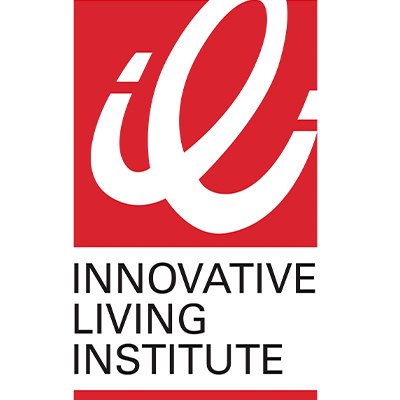Innovative design solutions through a change in values
Society, and thus we humans, are currently experiencing that our economic, financial and social systems are facing major challenges and upheavals. Markets and customer demands are changing at an unprecedented speed. Constant change becomes both a challenge and an opportunity to come up with new ideas! We are experiencing a paradigm shift, the search for new values!
This search is associated with the desire for new forms of living and housing and thus also for new economic forms and products. Standards must also be redeveloped. Also, the quality criteria change with the change of value and culture. The question of our attitude towards things already arises today.
The tilting of the economic, financial and social systems and, finally, the fast-moving nature of new social media are making the desire for social and material security stronger than ever. The need for protection becomes the center, the change of attitudes existential. Freedom and security experience a changed position, the newly gained freedom turns into a loss of security.
Since 1982, the “BAT Foundation for Future Issues” has regularly conducted representative basic studies on changes in value. The values of “honesty” and “reliability” have become the most important goals. Trust becomes the central currency of the future and is regarded as the driving force of social life. Honesty becomes the most important educational goal in life; at the same time, the sense of community and communal ability grows.
The change in values turns into a change in culture. Demand will be replaced by personal contribution and consideration. The next generation strives for a changed concept of values. The demographic development of the next 35 – 40 years has already begun. In five years, 50 percent of people in Germany will be older than 50. In North Rhine-Westphalia alone, the number of single households rose to 3.35 million – that is just under 40 percent of all private households, and the trend continues to rise. In conurbations and large cities, this figure has already reached over 50 percent in some cases.
How does our society deal with this situation? What are the consequences for our economy? What are the new needs and markets like?
Many questions of the future are still open, but one thing is certain. When our society changes, we also need a change in our everyday products, our design and our architecture. Only in this way the needs of future generations can be satisfied in the long term and sustainably.
Author: Prof. Elmar Schüller, Initiator and founder of the Innovative Living Institute

